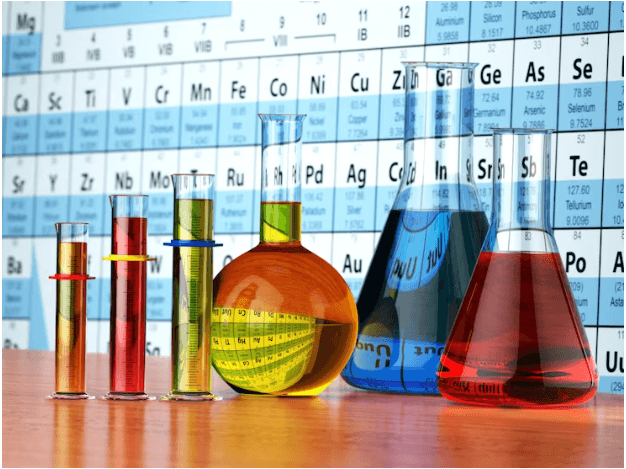Exploring the World of Pure Chemicals in the Chemical Industry
In the vast landscape of the chemical industry, purity holds paramount importance. Pure chemicals serve as the building blocks of various industrial processes, scientific research, and technological advancements. They are the essential components that drive innovation and shape the modern world. In this blog post, we’ll delve into the concept of pure chemicals, their significance, and their diverse applications across industries.
Understanding Pure Chemicals in Chemical Industry
Pure chemicals, as the name suggests, are substances that are free from any contaminants or impurities. These substances have a defined chemical composition and are characterized by their consistency, stability, and reliability. Achieving high levels of purity is essential for ensuring the desired outcomes in various chemical reactions and processes.
Importance of Purity
- Research and Development: In the realm of scientific research, pure chemicals are vital for obtaining accurate and reproducible results. Researchers depend on these chemicals to study the properties and behaviors of specific compounds without interference from impurities.
- Pharmaceutical Industry: The pharmaceutical sector relies heavily on pure chemicals to develop safe and effective medications. Even trace impurities can alter the potency, safety, and side effects of drugs. Thus, stringent quality control measures are in place to ensure the purity of pharmaceutical compounds.
- Electronics and Semiconductors: The electronics industry demands ultra-pure chemicals for semiconductor manufacturing. Any impurity in these chemicals can lead to defects in microchips, affecting the performance of electronic devices.
- Chemical Analysis: Laboratories and testing facilities require pure chemicals as reference standards for accurate chemical analysis. These standards help ensure the accuracy and reliability of analytical results.
- Food and Beverages: Pure chemicals are used in the food industry for various purposes, such as food preservation, flavor enhancement, and pH regulation. Their high purity levels prevent unintended reactions or alterations in the final product.
Methods of Obtaining Pure Chemicals
- Distillation: Distillation involves heating a mixture to separate components based on their boiling points. This method is particularly effective for obtaining high-purity solvents and certain organic compounds.
- Crystallization: Crystallization is used to purify solid compounds. By carefully controlling temperature and solvent concentration, impurities are left behind as the desired compound forms crystals.
- Chromatography: Chromatographic techniques, such as gas chromatography and liquid chromatography, are used to separate and purify compounds based on their interactions with a stationary phase and a mobile phase.
- Sublimation: Sublimation is a process where a solid substance transitions directly into a vapor without passing through a liquid phase. This method is employed to obtain high-purity substances with volatile properties.
Challenges in Achieving Purity
Obtaining pure chemicals isn’t always straightforward. Factors such as the complexity of the compound, the presence of impurities in source materials, and the sensitivity of the compound to purification methods can pose challenges. Additionally, the cost and feasibility of achieving high levels of purity must be balanced with the intended application.
Conclusion
Pure chemicals serve as the bedrock of the chemical industry, influencing a wide range of sectors from medicine to electronics. Their significance lies not only in their role as fundamental building blocks but also in their impact on the quality, safety, and reliability of products and processes. As technology advances and industries evolve, the pursuit of purity remains an ongoing endeavor, driving innovation and pushing the boundaries of scientific understanding


